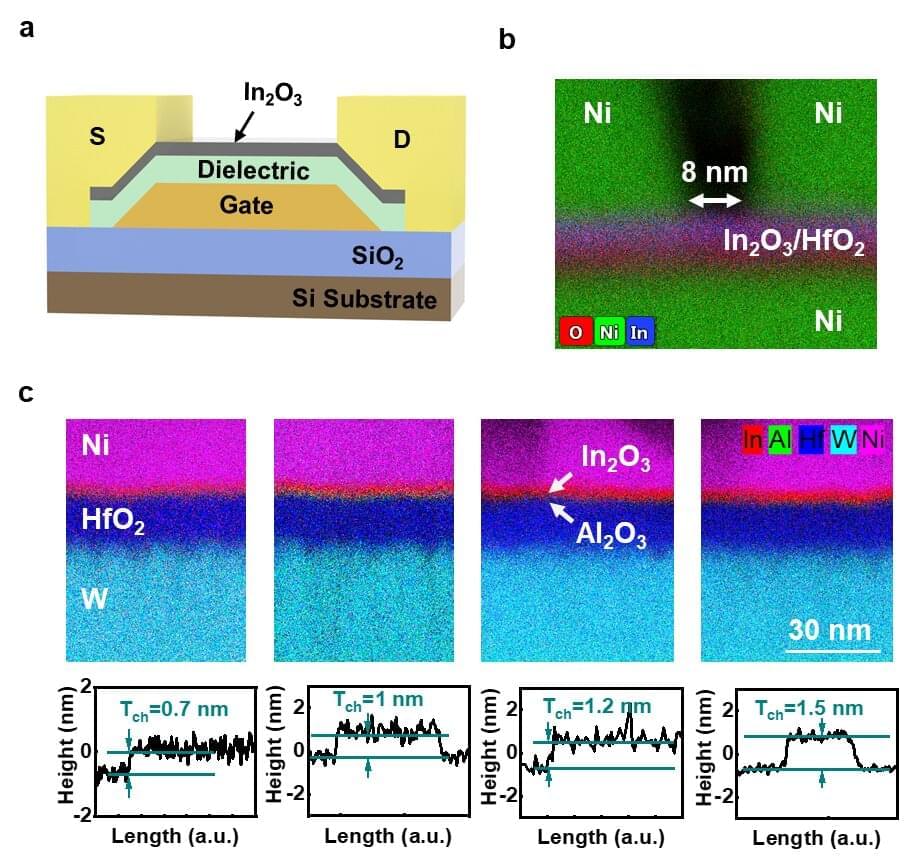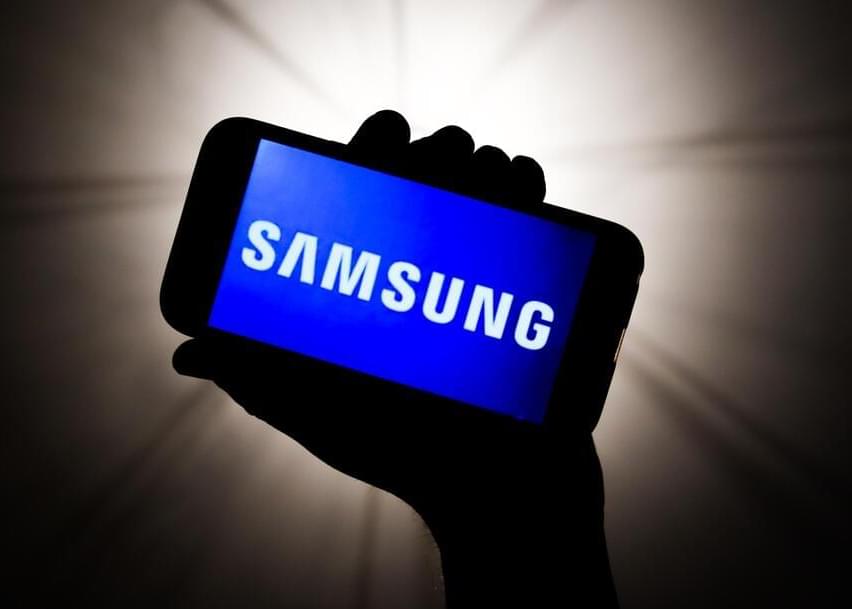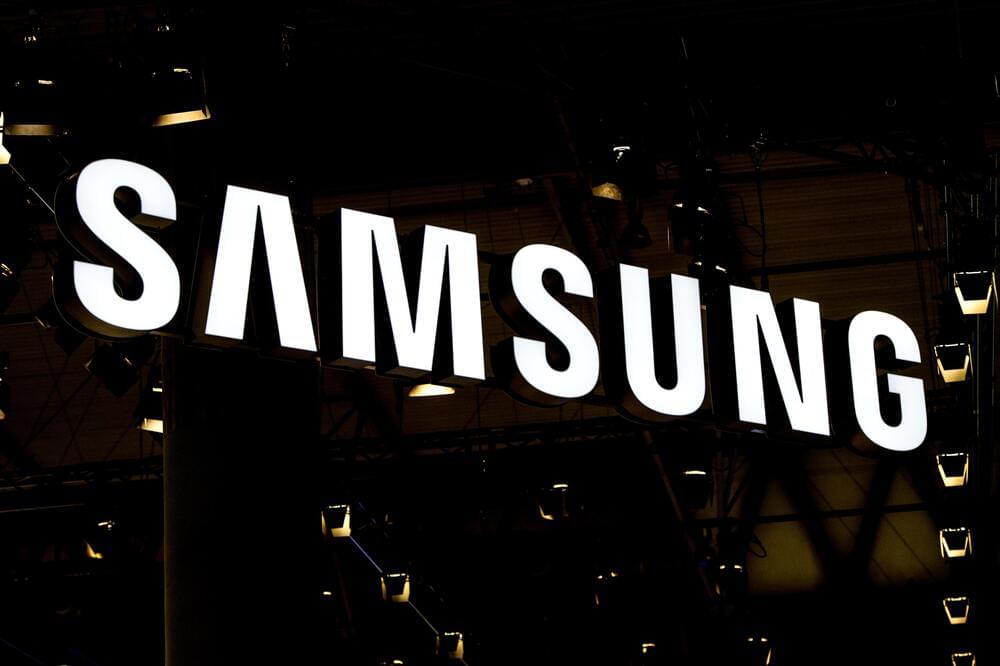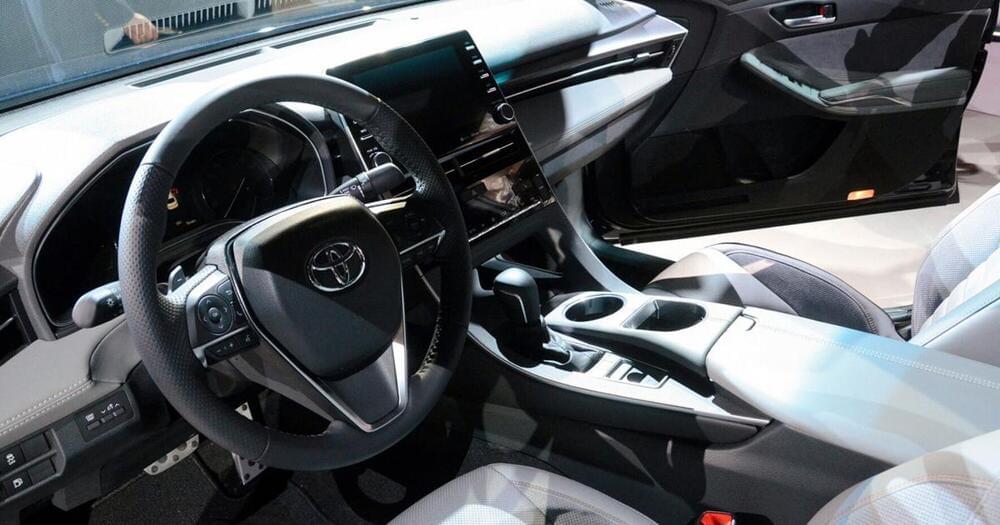The vulnerability could provide hackers with an easy method to take over your phone.



And going forward, we’ll do this with far more knowledge of what we’re doing, and more control over the genes of our progeny. We can already screen ourselves and embryos for genetic diseases. We could potentially choose embryos for desirable genes, as we do with crops. Direct editing of the DNA of a human embryo has been proven to be possible — but seems morally abhorrent, effectively turning children into subjects of medical experimentation. And yet, if such technologies were proven safe, I could imagine a future where you’d be a bad parent not to give your children the best genes possible.
Computers also provide an entirely new selective pressure. As more and more matches are made on smartphones, we are delegating decisions about what the next generation looks like to computer algorithms, who recommend our potential matches. Digital code now helps choose what genetic code passed on to future generations, just like it shapes what you stream or buy online. This might sound like dark science fiction, but it’s already happening. Our genes are being curated by computer, just like our playlists. It’s hard to know where this leads, but I wonder if it’s entirely wise to turn over the future of our species to iPhones, the internet and the companies behind them.
Discussions of human evolution are usually backward looking, as if the greatest triumphs and challenges were in the distant past. But as technology and culture enter a period of accelerating change, our genes will too. Arguably, the most interesting parts of evolution aren’t life’s origins, dinosaurs, or Neanderthals, but what’s happening right now, our present – and our future.

Over the past decades, engineers have created increasingly advanced and highly performing integrated circuits (ICs). The rising performance of these circuits in turn increased the speed and efficiency of the technology we use every day, including computers, smartphones and other smart devices.
To continue to improve the performance of integrated circuits in the future, engineers will need to create thinner transistors with shorter channels. Down-scaling existing silicon-based devices or creating smaller devices using alternative semiconducting materials that are compatible with existing fabrication processes, however, has proved to be challenging.
Researchers at Purdue University have recently developed new transistors based on indium oxide, a semiconductor that is often used to create touch screens, flatscreen TVs and solar panels. These transistors, introduced in a paper published in Nature Electronics, were fabricated using atomic layer deposition, a process that is often employed by transistor and electronics manufacturers.

InWith Corporation says it’s created the world’s first soft electronic contact lens that could work with smartphones or other external devices to show its wearer augmented reality.
Andy on Twitter : @theandyaltman.
Like us on Facebook: https://www.facebook.com/cnet.
Follow us on Twitter: https://www.twitter.com/cnet.
Follow us on Instagram: http://bit.ly/2icCYYm.
Follow us on TikTok: https://vm.tiktok.com/ZMd2h6yac/
Watch the special Apple Event to learn about the all-new Mac Studio and Studio Display, new iPad Air, new iPhone SE, and iPhone 13 Pro and iPhone 13 in two new shades of green.
To watch the event interpreted in American Sign Language (ASL), please click here: https://youtu.be/qO-1dCry0-I
0:00:00 Introduction.
00:05:39 iPhone.
00:14:51 iPad Air.
00:23:31 M1 Ultra.
00:34:43 Mac Studio.
00:47:01 Studio Display.
“Cool and Bendable” — Kalbells http://apple.co/Kalbells.
“Welcome to The Future (feat. Shane Eli)” — CAMPFIRE http://apple.co/CAMPFIRE
“For The Whole Team” — MajorLeagueTrvll ft. Nate Traveller http://apple.co/NateTraveller.
“The Jungle” — Oliver Malcolm http://apple.co/OliverMalcolmTheJungle.
“Brazilian Love Song” — Keys N Krates http://apple.co/KeysNKrates.
“Plasmatisphere” — Chrome Sparks http://apple.co/ChromeSparks.
“29” — Yaeji & OHHYUK http://apple.co/Yaeji.
“Boomerang” — Yebba http://apple.co/YebbaBoomerang.
“Noticed I cried (Flume Remix)” — PinkPantheress http://apple.co/NoticedICried.
“Inner Light” — Elderbrook & Bob Moses http://apple.co/InnerLight.
“Purgatory” — Cid Rim http://apple.co/CidRimPurgatory.
“Mister Impossible” — Phantogram http://apple.co/MisterImpossible.
“Message in a Hammer” — Obongjayar http://apple.co/Obongjayar.
“Better Now (feat. MARO)” — ODESZA http://apple.co/OdeszaBetterNow.
“No. 3″ — Cosmo Sheldrake http://apple.co/CosmoSheldrakeNo3
“Feels Like I’m Flying” — Yeek http://apple.co/Yeek.
#AppleEvent #MacStudio #StudioDisplay #iPhone #iPadAir.
Welcome to the official Apple YouTube channel. Here you’ll find news about product launches, tutorials, and other great content. Apple’s more than 160,000 employees are dedicated to making the best products on earth, and to leaving the world better than we found it.

Technology could make it possible to use radio emissions from cell phone networks to wirelessly power sensors and LEDs.
Researchers have developed a new metasurface-based antenna that represents an important step toward making it practical to harvest energy from radio waves, such as the ones used in cell phone networks or Bluetooth connections. This technology could potentially provide wireless power to sensors, LEDs and other simple devices with low energy requirements.
“By eliminating wired connections and batteries, these antennas could help reduce costs, improve reliability and make some electrical systems more efficient,” said research team leader Jiangfeng Zhou from the University of South Florida. “This would be useful for powering smart home sensors such as those used for temperature, lighting and motion or sensors used to monitor the structure of buildings or bridges, where replacing a battery might be difficult or impossible.”

Samsung said on Monday that hackers breached its internal company data, gaining access to some source codes of Galaxy-branded devices like smartphones.
The statement from the South Korean electronics giant comes after hacking group Lapsus$ claimed over the weekend via its Telegram channel that it has stolen 190 gigabytes of confidential Samsung source code.
Samsung did not name any specific hackers in its statement nor what precise data was stolen.

The looming shutdown of 3G networks won’t just impact older phones.
With AT&T’s 3G network shutting down next week, and other carriers following suit later this year, a range of products require updates to continue working, including some home alarm systems, medical devices such as fall detectors, and in-car crash notification and roadside assistance systems such as General Motors’ OnStar.
Just as many mobile carriers have urged customers to swap their older 3G iPhones, Android phones, e-readers and other handheld devices for newer models ahead of the shutdown, other businesses are urging customers to upgrade or replace some of the everyday products and services in their homes and cars before they drop connectivity.
